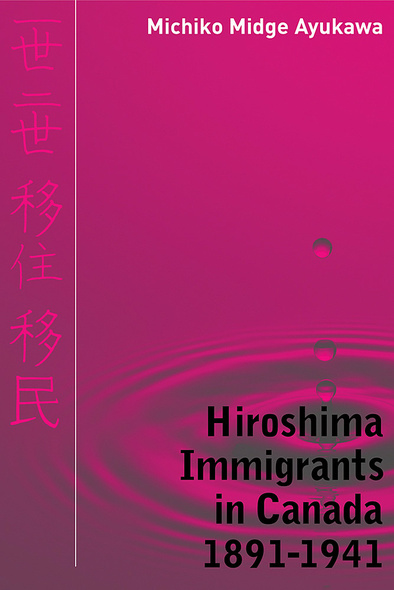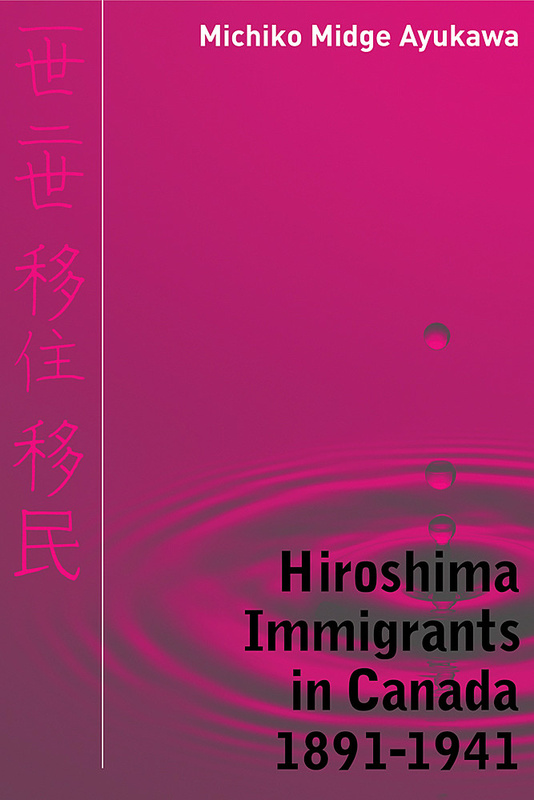
Hiroshima Immigrants in Canada, 1891-1941 is a fascinating investigation of Japanese migration to Canada prior to the Second World War. It makes Japanese-language scholarship on the subject available for the first time, and also draws on interviews, diaries, community histories, biographies, and the author’s own family history.
Starting with the history of the feudal fiefs of Aki and Bingo, which were merged into Hiroshima prefecture, Ayukawa describes the political, economic, and social circumstances that precipitated emigration between 1891 and 1941. She then examines the lives and experiences of those migrants who settled in western Canada. Interviews with three generations of community members, as well as with those who never emigrated, supplement research on immigrant labour, the central role of women, and the challenges Canadian-born children faced as they navigated life between two cultures.
This book is a must-read for scholars of migrations, diaspora, and transnationalism, and will also be of great interest to general readers who wish to learn more about the lives and experiences of Japanese Canadians.
Midge Ayukawa has produced an impressive social history by weaving personal narratives with careful scholarship. Hiroshima Immigrants in Canada, 1891-1941 is a unique and important contribution to our knowledge of the Japanese in Canada.
Acknowledgments
Prologue
1 The Hiroshima Homeland
2 The First Ones
3 Sojourning and Beyond
4 The Women Come
5 Farmers
6 The Divided Urban Community
7 Nisei, the Second Generation
Conclusion
Epilogue
Notes
Bibliography
Index






